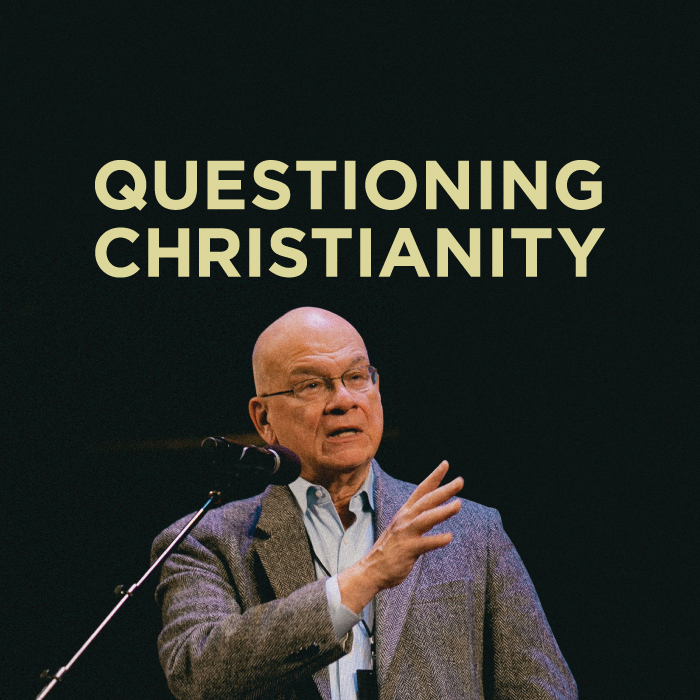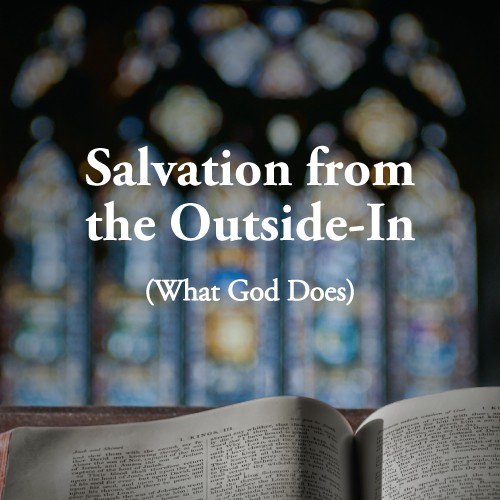Devotional
Lent Day 36: The Cleansing
Mark 11:15-19 (ESV)
And they came to Jerusalem. And he entered the temple and began to drive out those who sold and those who bought in the temple, and he overturned the tables of the money-changers and the seats of those who sold pigeons. And he would not allow anyone to carry anything through the temple. And he was teaching them and saying to them, “Is it not written, ‘My house shall be called a house of prayer for all the nations’? But you have made it a den of robbers.” And the chief priests and the scribes heard it and were seeking a way to destroy him, for they feared him, because all the crowd was astonished at his teaching. And when evening came they went out of the city.
Every year at Passover thousands of Jews came from all over Israel and Judea to offer sacrifices at the temple in Jerusalem. Since many traveled long distances, they often purchased their animal sacrifices in Jerusalem rather than hauling them from home and risking an injury or a blemish that would make them an unworthy sacrifice. It was a convenience for Jewish worshippers to purchase their sacrifices once they arrived. However, the market for these transactions had been set up in the Court of the Gentiles, where non-Jewish seekers of God came to worship. Thus, at Passover, the temple courtyard was filled with livestock, sellers of livestock and money-changers, who exchanged regional currencies for Jewish money.
When Jesus saw this, he was angry — so angry that he overturned tables and placed an embargo on merchandise. But why? Weren’t the merchants just trying to help the travelers worship God? Perhaps. But they were doing it at the expense of those from “all nations” who were seeking God, counting their worship as insignificant. In calling them “robbers” Jesus may have been referring to their greedy financial transactions and the way they were robbing Gentiles of their place of worship.
Yet something else is going on. In a similar account of his cleansing the temple, Jesus was asked for a sign of his authority. He replied, “Destroy this temple, and in three days I will raise it up” (John 2:19). But he wasn’t speaking about the building; “he was speaking about the temple of his body” (John 2:21). In other words, when he died, the temple and its entire system — the priesthood, the sacrifices, the glory — died with him because he himself was the Passover Lamb, high priest and Shekinah glory. Thus, when the temple curtain split at the death of Christ (Mark 15:38), the barrier between God and humanity came down for everyone. Jesus became the “house of prayer for all nations.” Today there is no need to travel to the temple in Jerusalem to worship. Nor is there any distinction between Jewish and Gentile worshippers. Worship is no longer attached to a place, but a person. Jesus is the temple. He is where we meet God.
— By The Park Forum
Prayer
Lord, we worship Jesus as the final sacrifice, priest, glory and temple. Therefore, let us join ourselves to him so that we may love his name and be his servants (Isaiah 56:6). In Christ, may all nations — those near and far — come to you in prayer (Isaiah 56:8). In Christ’s Name, Amen.
If you would like to support the work of Gospel in Life, you can make a gift here.




